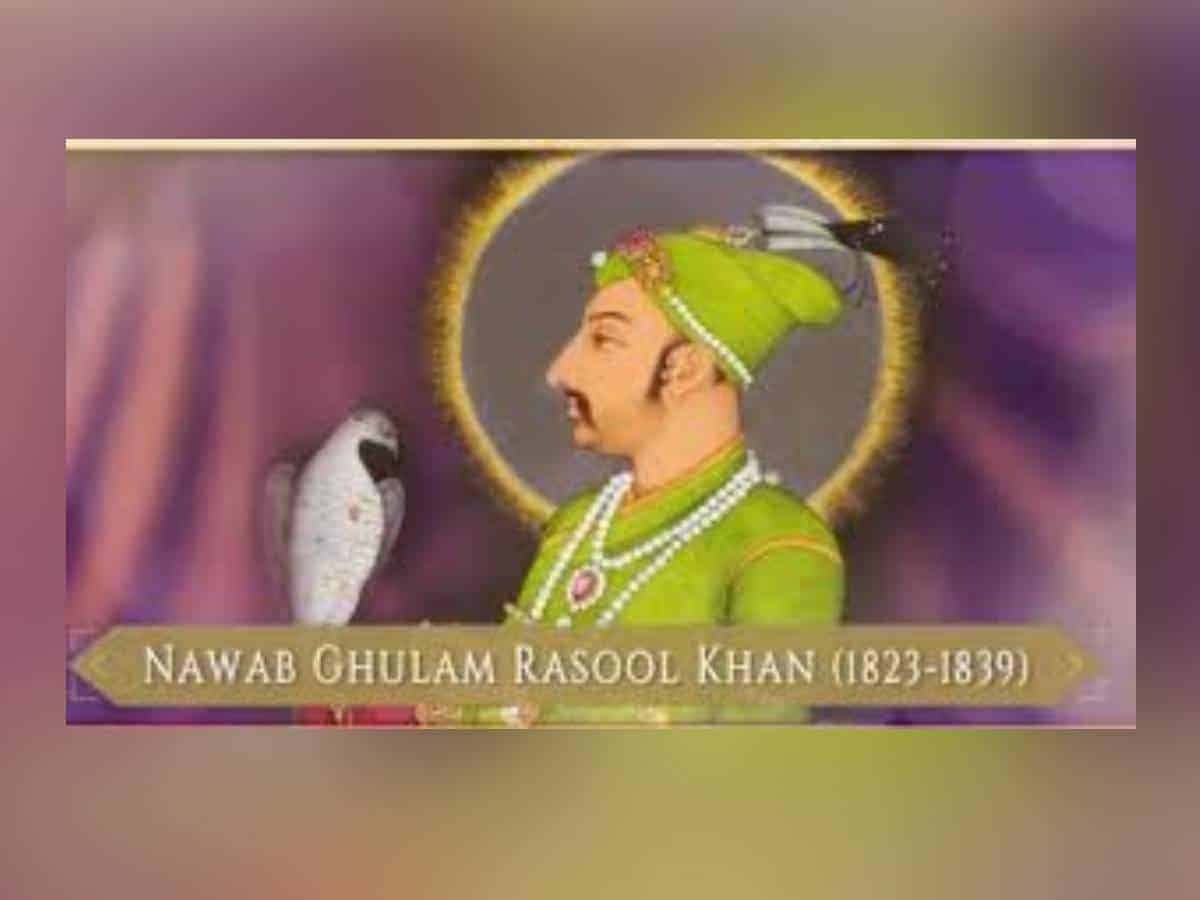
Ghulam Rasool Khan, the Nawab of Kurnool in Andhra Pradesh who created terror among officials of the East India Company, came to power in 1823. Since his childhood, he was known for no caring much for foreign rulers.
After coming into power, he took care to protect his state from the British. He was sure that he had to fight against colonial powers, and was prepared for the same. He befriended Gohar Ali Khan alias Mubarizud-Doula, a prince of Nizam state. Ghulam had turned his fort at Kurnool into an ordnance factory.
His jealous cousins of, who wished to capture power, colluded with the English and hatched conspiracies against him unfortunately. They informed General Fraser, who was the British Resident about the preparedness of Ghulam Rasool for war on 23 August, 1839. Alarmed at this, the East India Company appointed Edward Armstrong to probe into the matter and report it immediately.
Edward wrote a letter to General Fraser stating that ‘the armoury of the Nawab of Kurnool is enormous. His preparedness for war is hard to describe. He turned the gardens and the royal palaces into ordnance factories.’ This information sent shivers down the spine of General Fraser, who sent the East India Company forces immediately under the command of Colonel A .B. Dyce to capture the fort of Kurnool and arrest Nawab Ghulam Rasool Khan.
East India Company troops attacked and rounded the Kurnool fort on 12 October, 1839.After six days of fierce fighting; the enemy was able to detain Ghulam Rasool Khan on 18 October, 1839 at Joharapuram, a village near Kurnool. Later on, they took him to Tiruchinapalli in present day Tamil Nadu and imprisoned Rasool Khan there.
The British rulers wished to eliminate the Nawab of Kurnool. So they bribed his personal servant into serving poisoned food to Nawab, due to which Ghulam Rasool Khan died on 12 July, 1840. The Company charged the servant of murder and sentenced him to death. The British rulers tried their level best to hide this conspiracy, but the conspiracy came to light somehow.
From Syed Naseer Ahmed’s book The Immortals, which is a timely book that sheds light upon different Muslim freedom fighters who contributed in the freedom struggle against the British from 1757 to 1947.



